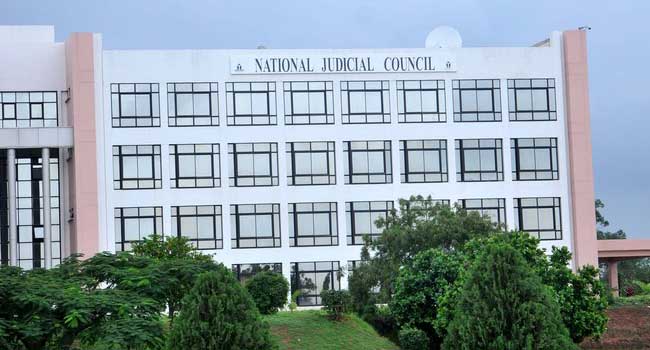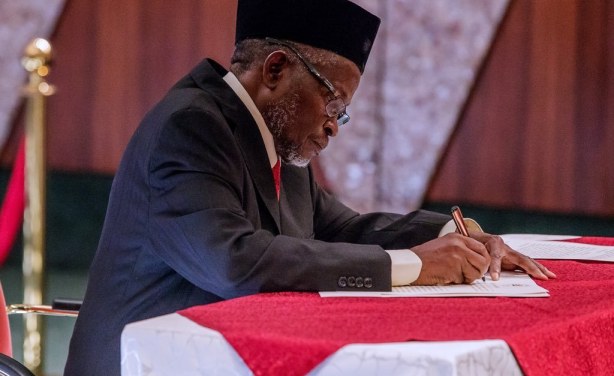The Sub-Committee of Zone ‘C’ of the Corruption and Financial Crimes Cases Trial Monitoring Committee (COTRIMCO) says sanctions awaits judges in Oyo, Ogun, Osun, Ekiti and Ondo states who fail to submit quarterly returns.
COTRIMCO was set up by the former Chief Justice of Nigeria to monitor cases in court and interact with the designated judges handling corruption and financial crimes cases following continuous complaints from the public that the judiciary is responsible for delays in the trial of corruption and financial crimes cases.
This is contained in a statement signed by the Zone ‘C’, made up of Oyo, Ogun, Osun, Ekiti and Ondo sub-committee on Wednesday in Ibadan.
The sub-committee informed judges that there was a need for them to quarterly submit their returns with strict adherence to the template submitted to them as the submitted returns would be assessed quarterly by the committee at the plenary.
The sub-committee has Justice Munta Abimbola (chairman), Onah Owoka(Esq), secretary, Dr Garba Tetengi, SAN, Mr A. Mahmoud, Soyi Oye(Esq) and the NJC.
The committee toured the states in the zone in view of accusations by the public that the Judiciary was responsible for the delays in the trial of corruption and financial crimes cases.
The committee interreacted with designated judges handling corruption and financial crimes cases on the reason for the delays.
On their findings, the panel said members received complaints of insufficient Prosecution Counsel from the EFCC as 10 prosecutors covered the Five States in the zone.
The panel also said it found out that handwriting experts were scarce.
“The judges also complained that witnesses, exhibits, number of SANs that are usually briefed to represent the accused in corruption and financial crimes cases do not help matters,” it stated.
The panel also said in a nutshell, members observed that delays in such cases were caused by all parties involved in cases.
The panel called for synergy among parties.
The panel assured the judges that the issues they raised would be brought before the plenary for consideration.
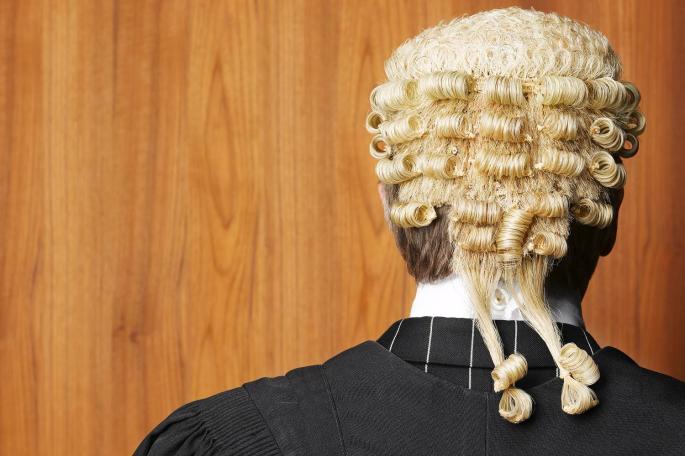
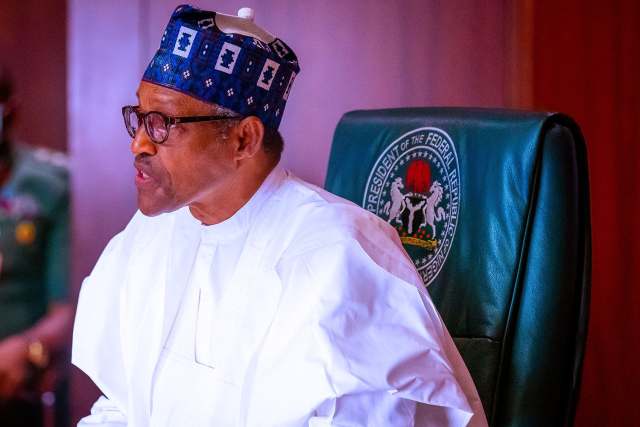
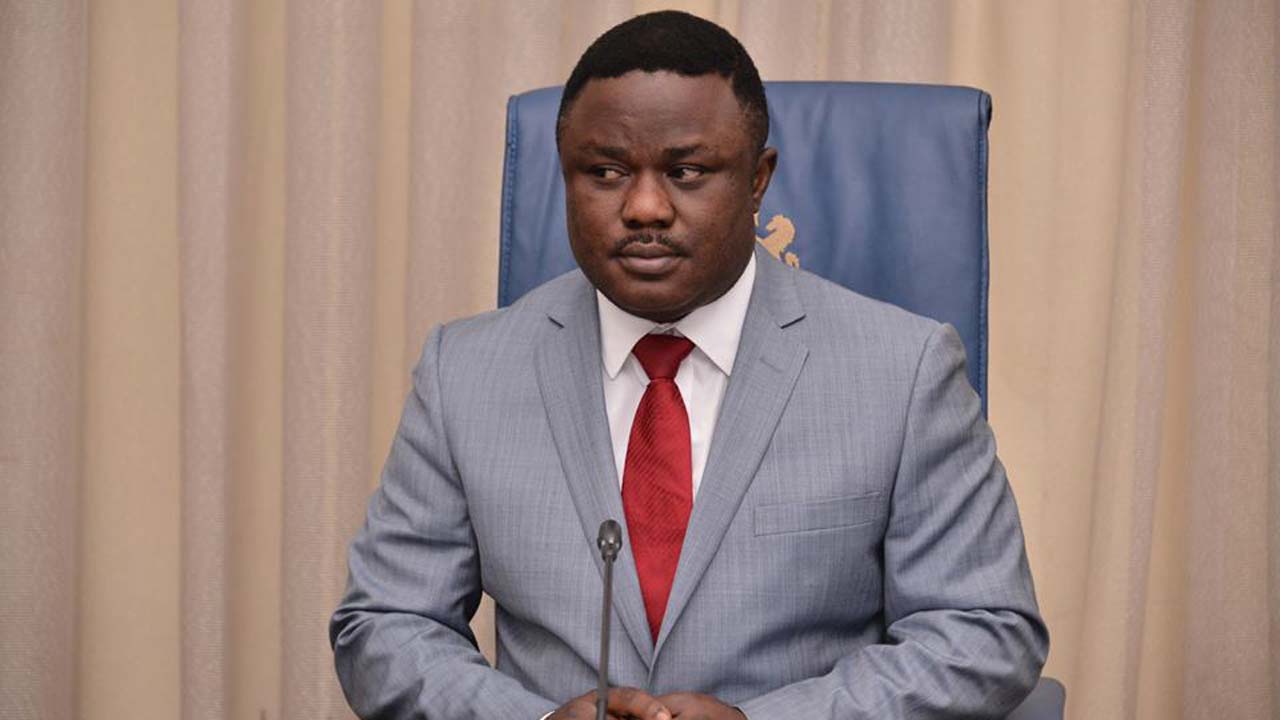
![[Full List] NJC recommends appointment of 64 judges](https://thenewsguru.ng/wp-content/uploads/2020/09/Lawyers.jpg)
